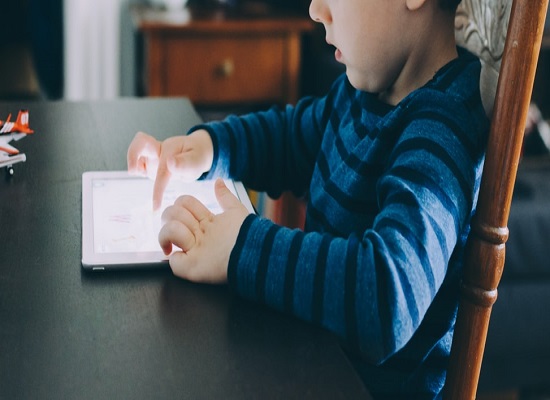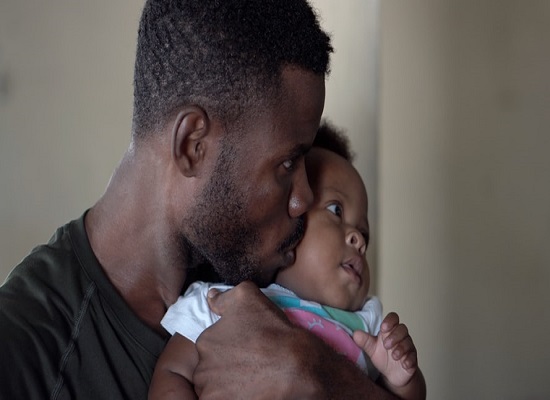What can you do if your child is a picky eater? It can be frustrating getting a picky eater to eat. “Mummy, No! I don’t …
nigerian parenting website
Anita Okoye on importance of self-love,realities of modern-day parenting
Anita Okoye recently welcomed FABMUMNG into her beautiful Lagos home where she spoke candidly about the importance of self-love, finding yourself as well as the …
Three Crowns Milk sponsors Mum of the Year winners, their families to Dubai on vacation
Three Crowns Milk recently sponsored Mum of the Year winners and their families to Dubai on vacation. This is the fifth consecutive time, Three Crowns …
Work-Life Balance:How to Manage Your Career, Home
Work-life balance and how to manage a career and home are some of the top concerns for every working mum. No mum has ever found …
7 ways to balance your spiritual life, motherhood
Set realistic expectations An uninterrupted 1-hour Bible reading time might not work for you anymore (depending on your current motherhood phase) hence, you need to …
How to manage a clingy child
Your child might begin to be clingy as he or she begins to grow up and become more aware of the world around him or …
How to manage,control your child’s screen time
Having to set limits on how much screen time- TV/YouTube your child can have when they’ve already grown so used to it, is not …
Mom vacation:how to travel without your kids
Mom vacation, every mom deserves to embark on solo budget-friendly trips without the kids at least once a year. You know need a mom vacation …
Finland to grant fathers paternity leave
Paternity leave is to be extended to fathers in Finland in a bid to get dads to spend more time with their children. In addition, …










